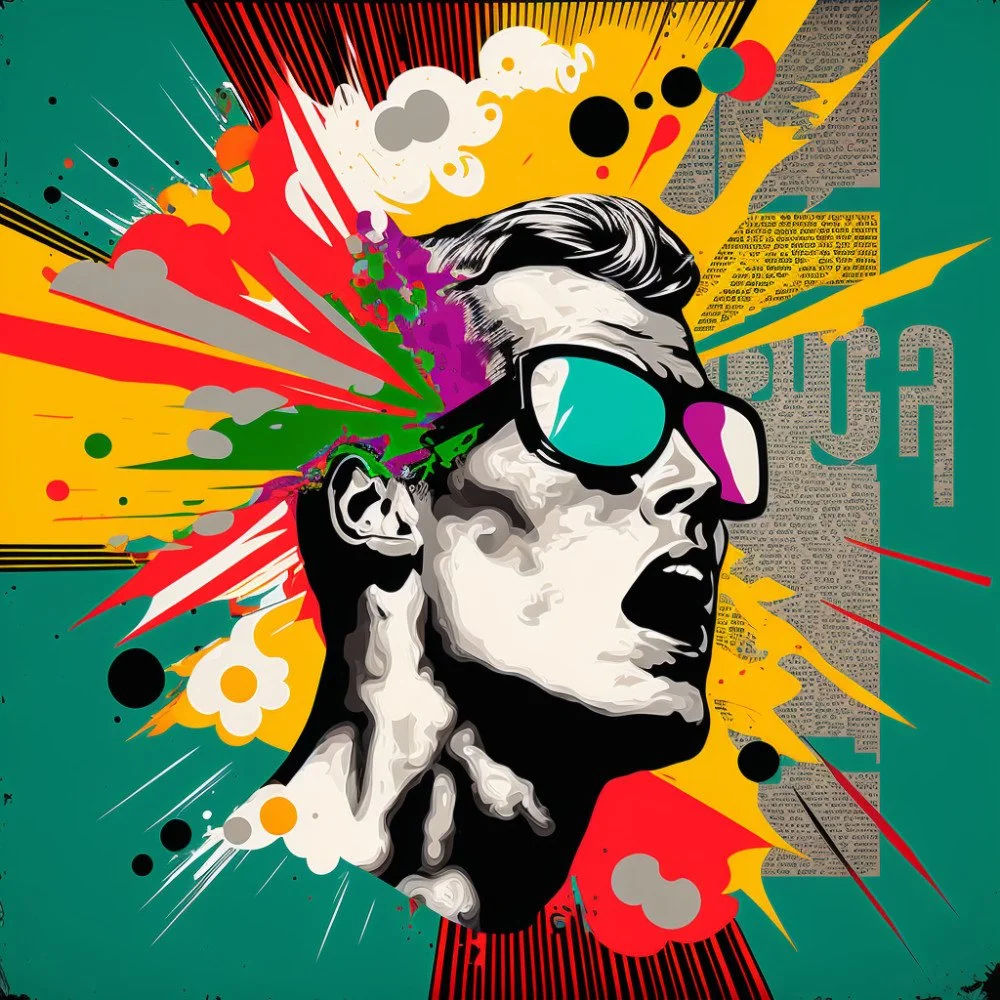The real Defense Against the Dark Arts
Letting someone else know you can be hazardous.
Intuitively, we understand this, and we behave accordingly. All but the most naïve or most confident (not mutually exclusive) are guarded; guided by nature and nurture (sometimes, a lack thereof), we construct labyrinthine obstacle courses for would-be confidantes to negotiate.
I posit that this is logical, adaptive behavior. If someone knows you better than you know yourself, and they lack scruples, they can manipulate you to act against your interest.
We will cross paths with people who have means, ability, and motive to manipulate us, and it’s difficult a priori to know who these people are. So, at least in my urban, American society, we tend to walk around with shields up. We adopt defensive postures until we can be coaxed and cajoled to peak out the portcullis. We're rightfully reticent.
Alongside this instinct for self-preservation, humans have a well-documented drive to connect with others. This drive probably has some basis in our evolutionary biology (surviving and especially reproducing works better when you’re a member of a group), and we know that people who have strong relationships are happier and live longer.
As countless leadership manuals and relationship self-help books attest, showing vulnerability is an important step on the path to strong relationships. It shows trust. We like people who like us, and we want to trust people who trust us.
Like so many things we know we're supposed to do, being vulnerable to others is hard. When we lay ourselves bare, we are entrusting others with some of our schematic blueprints, and if they have a better grasp of those blueprints than we do, we may be manipulated without our knowledge.
So how to balance our need to protect with our need to connect?
Is it just self-knowledge?
Self-knowledge breaks the iron tradeoff because it mitigates the downside risk of letting someone else know you — that is, the risk that they will use what they know about you to harm or manipulate you.
The risk-mitigation mechanism is the ability to detect said manipulation. If you know where your vulnerabilities lie, you’ll have a much better chance of understanding when someone is trying to access your soft underbelly with malicious intent. Put another way, if you know where your buttons are, you’ll feel it when someone is pressing them, and you’ll be able to take corrective action.
The key is the relative balance — the key is to maintain more self-knowledge than any counterparty has about you. (A counterparty is anyone who may not share your goals — presumably not your mom nor your therapist, but yes, your potential romantic partner, yes your co-workers, and definitely yes anyone trying to sell you anything.)
If the balance gets out of whack, if you know how to push my buttons better than I know how to push my own buttons, then you could persuade me to act in ways that are misaligned with my goals and values. That is bad!
The obligatory optimistic conclusion
My optimistic intuition is that each of us can hold the trump card. My ceiling of knowledge about me should be higher than anyone else's ceiling of knowledge about me. Of course, there are parts of each of us that we cannot see from the inside, but, for the person curious about themselves, the core tenets, the ones that could be exploited to great effect, are knowable. The more we know about ourselves, the more vulnerable we can comfortably be.
I think this curiosity and the growth of self-knowledge that follows are the keys to maintaining freedom of thought (and freedom of action) and living in accordance with your values, while enhancing and lengthening your life by way of social succor. The practice of self-study is the sharpening of the sword that can cut the Gordian knot of "how I can be open to the best that humanity has to offer without courting the worst that humanity has to offer?"
Continuing with the mixed metaphors and disjointed cultural allusions, self-knowledge is the real Defense Against the Dark Arts of bad actors and those who would take advantage of us. It enables us to reveal our magical selves while minimizing the attack surface.
Self-aware people can live openly, confidently vulnerable, forming meaningful connections with others on the basis of shared vulnerability, secure not behind overlapping walls, but secure in their ability to manipulate themselves better than anyone else can.
Literary postscript
I've read a couple of fun fictional explorations of this you-want-to-be-known-but-it’s-risky state of play.
For the visual learners, The Private Eye is an award-winning graphic novel. It’s 2076, and the "cloud” has "burst," revealing everyone’s online secrets to everyone else — emails, text messages, photos, everything. Basically, everyone has kompromat on everyone. Among various adaptations to this reality, no one appears in public without a mask, lest their face be mapped to their public-access fetishes and predilections.
In Lexicon, certain individuals (called Poets) are trained to wield language as a weapon of control; the most skilled can make anyone do anything by uttering a few choice words that bypass the brain’s logical centers. The exact trigger words are loosely based on personality types, which means one needs to know something about the other person to find their bypass. Poets are cautioned by their teachers never to expose their true feelings, lest they be manipulated by another skilled operator. If you're looking for some fun fiction, I recommend.
There's a lot of "how-to" literature about how to breach interpersonal defenses as well. The famous books about influence (Cialdini, Dale Carnegie) are about finding someone's bypass and speaking to the older parts of their brain.

